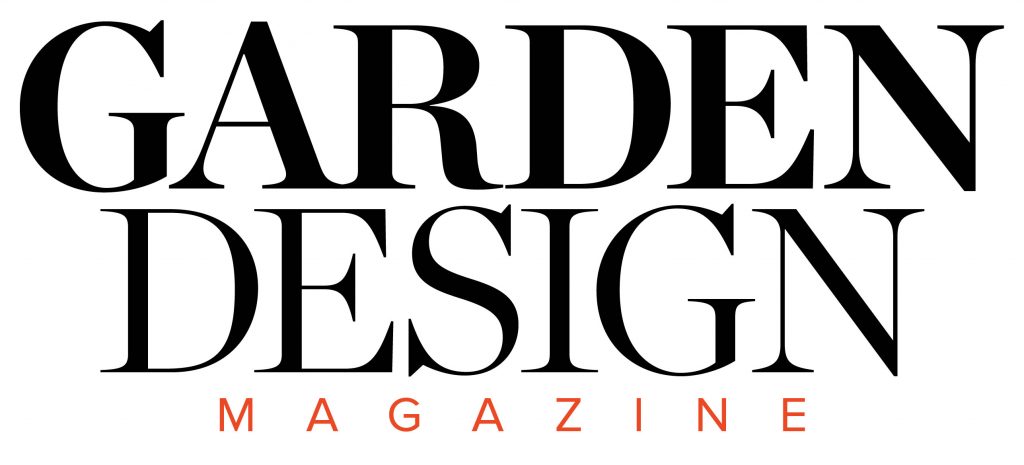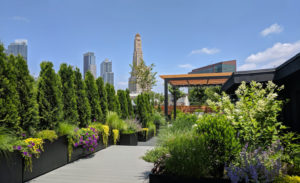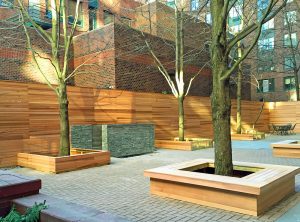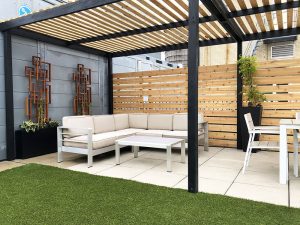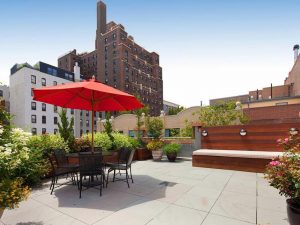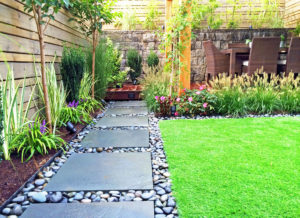It is important to do what you can do to recycle and compost. It reduces waste to begin with when you opt in on reusable water bottles, coffee cups, reusable bags, utensils, paper plates, and food containers. Reducing food waste can significantly help curb excess landfill and methane gas emission.
“when applied to soil, compost adds valuable organic matter, a crucial gift since topsoil loss and erosion are major concerns in the 21st century, leading to watershed problems and threatening ‘our ability to sustain life on Earth,’ according to the Institute for Local Self-Reliance (ILSR).5 ILSR also notes that amending soil with compost improves water retention, reduces chemical needs and improves soil quality and structure.6 Even the U.S. EPA lists the following benefits of composting:7″
- Enriches soil, helping retain moisture and suppress plant diseases and pests
- Reduces the need for chemical fertilizers
- Encourages the production of beneficial bacteria and fungi that break down organic matter to create hummus, a rich, nutrient-filled material
1.Plastic Bags Shouldn’t Go Into Your Recycling Bin
Municipal recycling facilities often do not recycle plastic bags, which can get caught in their machinery causing damage. Many grocery stores, however, have collection bins where you can drop off plastic bags to be recycled.
2.Avoiding Putting Your Recyclables Into Trash Bags
If you put your recyclables into closed trash bags, they’ll get thrown straight into the trash. This is because sorters don’t have time to open them, and they’re also considered to be a safety hazard.
3.Greasy, Wet or Food-Soiled Items Cannot Be Recycled
Grease, liquids (even water) and food are considered contaminants. If they make it down the sorting line without being tossed out, they can contaminate an entire load of recyclables, causing it to be thrown out. Examples of items that cannot be recycled include:
- Foil potato chip bags
- Greasy pizza boxes (if you rip off the unsoiled cardboard lid, that can be recycled)
- Foil lids from yogurt containers (however foil food trays and pie tins may be accepted as long as you remove as much food as possible)
- Paper cups with shiny coatings, such as hot-serve coffee cups
- Paper food bowls with plastic lining (such as those used for Chipotle burrito bowls)
4.Very Small Items Cannot Be Recycled
The Denver Post described it as “anything smaller than a Post-it note” cannot be recycled, because it’s too small to be sorted properly. This includes plastic bottle caps, unless you screw them onto the bottle (be sure to empty all liquid out first, or the bottle will be discarded).
5.Don’t Flatten Milk Cartons
Waxy milk cartons can be recycled, but if they’re missed via hand sorting an infrared optical sorter will pick them out (and certain other three-dimensional items) from the mix. If you crush the cartons, they may be missed.
6.These Items Can’t Be Recycled
Anything that enters a recycling center that cannot be recycled is considered a contaminant and will be thrown out. If too many contaminants are found in a bundle of recyclables, it runs the risk of being rejected. Examples of nonrecyclable items in Denver include:
Scrap metal Plastic that does not hold a shape Christmas tree lights Wire hangers Electronics (there are specialized centers for this) Auto parts Propane tanks Mattresses Bowling balls Bicycles
Click to learn how to compost and recycle properly in the original article by Dr. Mercola
Sources:
“How to Compost and Recycle Properly” by Dr. Mercola

